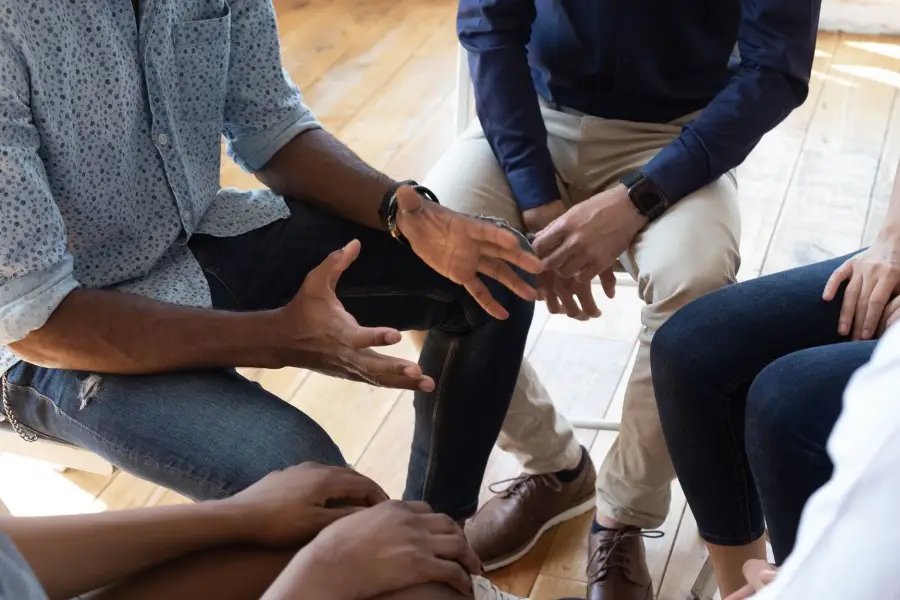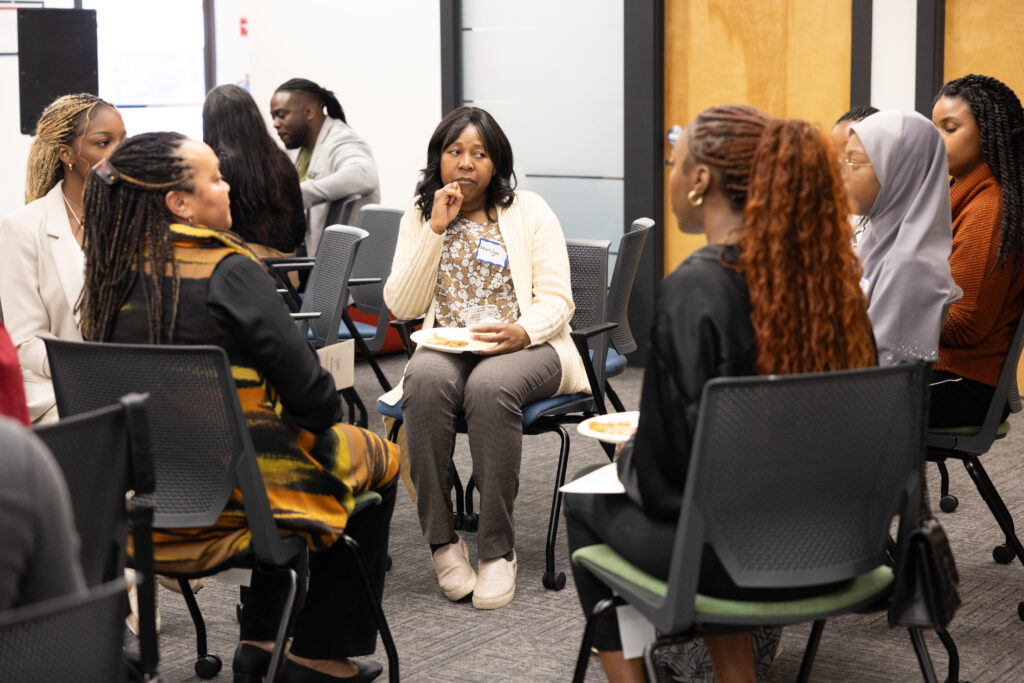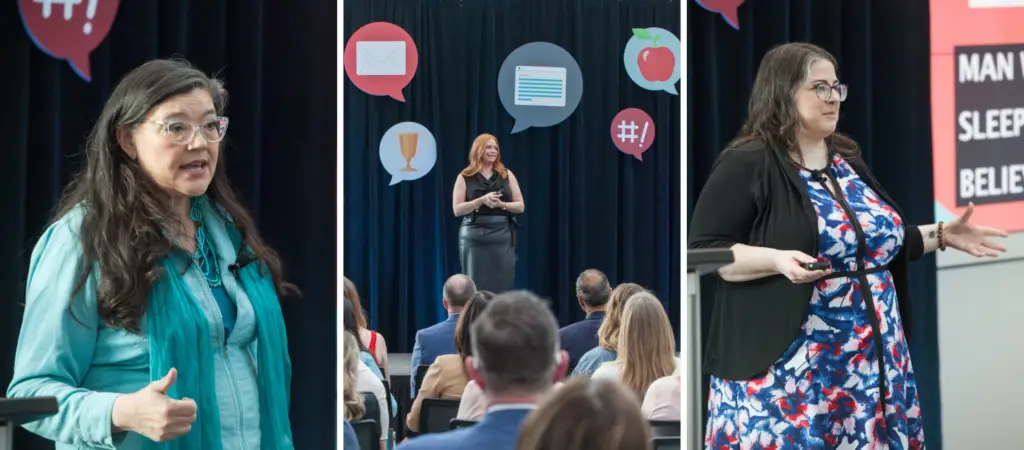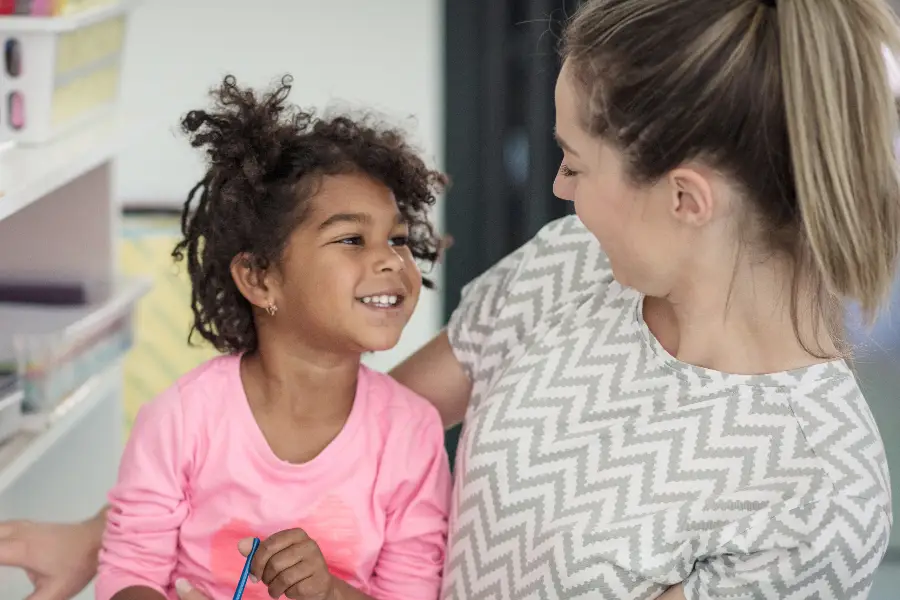May 27, 2024

Edmonton organizations are making it easier to find culturally supportive mental health care resources,
reducing the stigma around counselling and therapy.
Local organizations who provide affordable culturally sensitive mental health support in the Edmonton area are seeing a huge impact in their communities.
Baba Nanak Trust Foundation and the Africa Centre have developed culturally responsive mental health services that uniquely focus on the barriers commonly faced by those they serve: the South Asian community and Black, African, and Caribbean people, respectively.
Both organizations received support from the Government of Canada’s Community Services Recovery Fund, distributed by United Way of the Alberta Capital Region. Baba Nanak Trust Foundation (BNT) and the Africa Centre recently shared an update on their programs with our United Way, outlining the impact and positive changes they’re seeing from this programming.
This mental health care approach has a few different names: culturally competent, culturally responsive, culturally respective, or culturally sensitive. But at the heart of the practice is an intentional approach that meets people’s needs based on their culture, faith, language, and lived experiences.
Baba Nanak Trust Foundation and the Africa Centre recognized that to provide support that members of their community would feel comfortable accessing, it was vital that they partner with professionals who were part of the community, too.
The Africa Centre has partnered with The Alberta Black Therapists Network to provide free counselling throughout Alberta, both online and in-person.
“African, Black, and Caribbean communities are susceptible to different challenges that are not adequately addressed by mainstream organizations. With the mental health intersections of the Black experience — whether it’s stigma, racism, colorism, microaggressions — it is a very specific experience,” explains Yawa Idi, the Africa Centre’s Coordinator for Mental Health & Enhancing Gender Equity.
Meanwhile, BNT researched South Asian mental health care professionals, looking for folks with lived experience and who spoke English and Punjabi. The foundation created an informal network of counsellors and therapists and has provided funding to eight professional groups for free counselling sessions.
“Even though there are a lot of mainstream services that are available, they’re not nuanced in the context of newcomers and immigrants with a second language or other heritage. The approaches that most people take are with a very Western lens, and they did not really meet the needs of the people,” shares Kashmir Gill, Co-Founder and President of Baba Nanak Trust Foundation.

Photo by Adobe Stock.
Kashmir explains that BNT’s approach has always focused on building community connection at a grassroots level, especially among South Asian seniors and newcomers to Edmonton. The foundation officially started in 2019, and the organization quickly found that mental health support was needed — but stigma prevented many people from talking openly about their mental well-being.
While North Americans have started having more open and candid conversations around mental health struggles, Kashmir explains that there is still a strong taboo around the topic within South Asian cultures, and many other cultures around the world.
“And that (stigma) not only affects the individual, but it also affects their families…and people will tend to isolate you and stay away from you. And that has social implications, it has financial implications, and it has relationship implications,” Kashmir explains.
BNT hosts interactive workshops for people to come together to connect and feel heard, while also recognizing that confidentiality and privacy is very important to participants.
“We want to talk less and listen more, but at the same time, we want to create a safe haven for people to have those conversations. We (as an organization) don’t want to be involved in that process. We’re providing a pathway. You speak to these counselors directly and we don’t want to know your identity, what your issues are, and so forth. We invite these professionals to those workshops so they can have side conversations with individuals and those then lead to follow-ups.”
The foundation’s focus was on amplifying existing resources and creating safe spaces for folks to connect. As part of the CSRF program, BNT purchased tablets that could be loaned out to participants. The tablets come pre-loaded with print, audio, and video mental health resources in English and Punjabi, bringing awareness to supports that are already available. These items were key in reaching people, especially seniors, who were experiencing social isolation.

Photo supplied by The Africa Centre.
Much like Baba Nanak Trust Foundation, the Africa Centre is using CSRF support to make mental health care more accessible to those in the community who might otherwise not be able to seek out care.
The Africa Centre launched their counselling clinic in 2020, with support through United Way’s COVID-19 relief funding. Through the CSRF, the organization expanded their mental health services beyond formal counselling sessions, including events that tackle core issues related to mental health in the Black community, such as the lack of Black mental health professionals. The organization also offers opportunities for learning and capacity building, through workshops and training, such as Mental Health First Aid.
“I know if they were to go out into the community, within their own friends and family, they can tailor the mental health first aid skills to their own language, and their own mannerisms, and their own way of interacting — but the core essence of those intervention skills are still there,” Yawa shares.
“It’s really heartwarming to see that this opportunity was given to people and now that’s something that they can also feel proud of. As a newcomer, you come and oftentimes you don’t have much, honestly. You’re really trying to work your way up, so to have at least that one thing to your name or to your skill set is encouraging and empowering.”
Yawa says she’s starting to notice a shift among the Africa Centre participants, who are starting to reach out and look for more opportunities to talk about mental health and support one another, outside of the programming the organization already offers.
She shared a story about a group of South Sudanese women who initially connected through a different Africa Centre program, but found they shared similar mental health struggles and lived experiences. The group approached Yawa asking if the Africa Centre would be able to lend them a room so they could continue to talk about their experiences together.
“When you have an understanding of culturally responsive services, especially as a Black-serving organization, I’m able to tell that this is just as effective as if or even maybe if maybe more effective than if you were to put one of them in a room with a therapist and they were to speak together. This is how they used to heal and preserve their mental health and promote their mental health back home, even if they didn’t know that they were doing it,” Yawa explains.
“This is this is the change that we wanna see, where people are taking the initiative beyond the programming that we provide as well. We’re supporting them take their agency back and to be the facilitators of their own mental health promotion and preservation.”
Strong mental health is a vital aspect of a person’s overall well-being. It influences how they cope, learn, work, and contribute to our community.
Understanding people’s backgrounds, cultures, and the barriers they face is important when it comes to mental health care. These unique differences and lived experiences affect how we think and feel. When mental health care respects these differences, it works better for everyone.
Speaking with professionals who understand and accept your culture or lived experiences helps people feel more comfortable talking about mental health, which means they’re more likely to get help when they need it.
Culturally responsive approaches are helping reduce stigma and improves access to mental health support in the Edmonton region through organizations like Baba Nanak Trust Foundation and the Africa Centre.
In addition to supporting organizations by distributing the Government of Canada’s Community Services Recovery Fund, United Way collaborates with partner agencies to support mental health in our community, championing accessible resources, raising awareness, improving navigation, and promoting early intervention. By developing a robust network of resources and improving accessibility, we make it easier for people to find the support they need.

Women’s mental health advocates Matricia Bauer, Brandi Gruninger, and Tanaura Seon answer your important questions about women’s mental well-being, exploring the nuanced societal and systemic barriers women face today.

It can be difficult to find the right words when helping kids navigate scary or hard topics. Learn how to have empowering and honest conversations with guidance from a mental health expert from The Family Centre.

With the introduction of 988 as a suicide prevention line, Albertans now have more options when navigating the network of mental health support or social services.